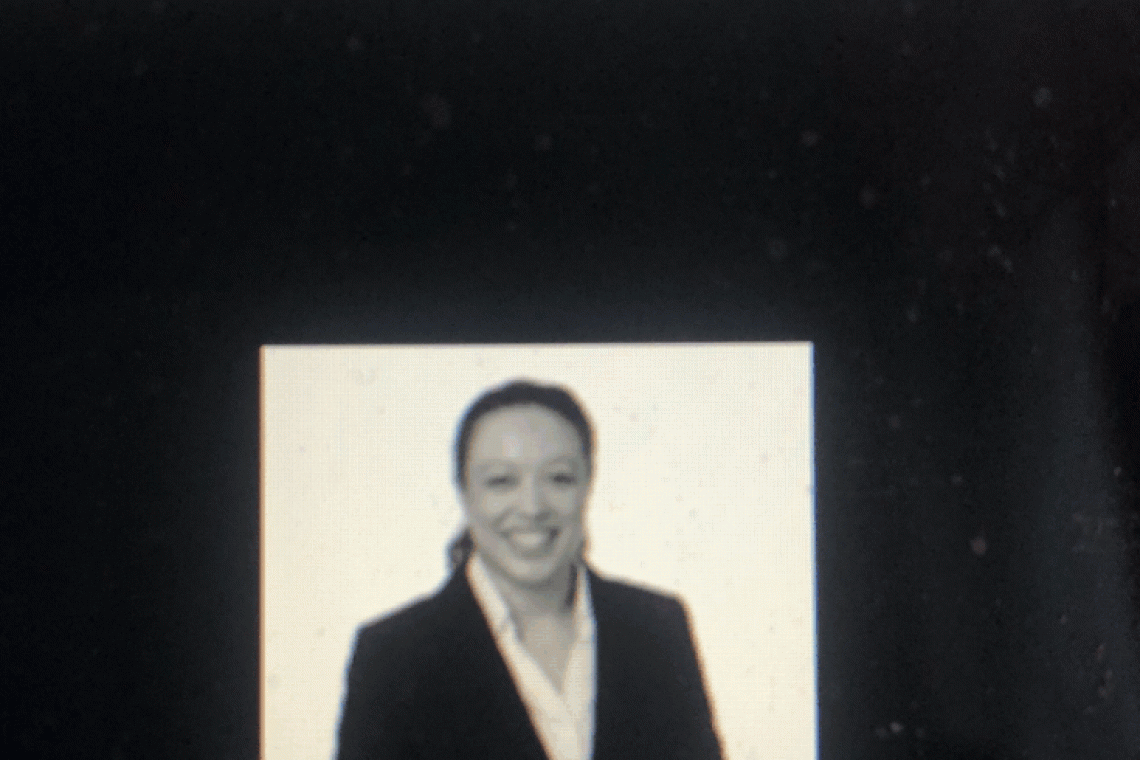Naomi Walusimbi Hawkes a London based barrister is accused of fraud and making false representations to mislead a Central London County Court Judge to make an order of over £50K against an unwitting victim in a UK civil claim following a property dispute. The result was order made against a person with a mental disorder who in civil procedure rules should not have been named as a party.
Financial Fraudster News Investigations has seen court filings that reveal that self-employed barrister Naomi Walusimbi Hawkes wilfully mislead the Central London County Court that an unwitting daughter of a party in proceedings brought by Hawkes was falsely made liable for a debt based on a sophisticated and premeditated fraud by the callous barrister.
The property at heart the claim is solely owned another party and the victim diagnosed with a long standing personality disorder was not even an owner, beneficiary or had any financial involvement.
The victim who shall remain unnamed has now filed an application to the Central London County Court to have the malicious and fraudulent order struck out.
Miss Hawkes a self-employed barrister specialising in landlord and tenant disputes and is linked to barristers chambers 42 Bedford Row, London and is regulated by the Bar Standards Board that binds her to conduct that has raised concerns and may now affect her future.
The Bar Standards Board states in its website that we may take disciplinary proceedings against those we regulate if we believe there has been a breach of the Core Duties. We would do this in accordance with our enforcement policy.
The ten Core Duties are:
• Core Duty 1: You must observe your duty to the court in the administration of justice.
• Core Duty 2: You must act in the best interests of each client.
• Core Duty 3: You must act with honesty and integrity.
• Core Duty 4: You must maintain your independence.
• Core Duty 5: You must not behave in a way which is likely to diminish the trust and confidence which the public places in you or in the profession.
• Core Duty 6: You must keep the affairs of each client confidential.
• Core Duty 7: You must provide a competent standard of work and service to each client.
• Core Duty 8: You must not discriminate unlawfully against any person.
• Core Duty 9: You must be open and co-operative with your regulators.
• Core Duty 10: You must take reasonable steps to manage your practice, or carry out your role within your practice, competently and in such a way as to achieve compliance with your legal and regulatory obligations.
The conduct by Hawkes is alleged to have fallen short of the standards required of practising barrister of England and Wales the victim stated; “there’s no doubt what has happen to me has affected my mental health severely…” the victim continued “I am considering legal action and whether to complain to the Bar Standards Board as a direct result of the fraudulent misrepresentations that led to facing a fraudulent judgment for well over £53,000 I am not actually responsible for...”
Retired Detective Sergeant Robert Smith of City of London Police's economic crime unit now a private detective, said: 'Barristers are people that we trust in some of the most stressful times of our lives, but it appears based on the evidence that Miss Hawkes has completely undermined this role through her deceitful and absolutely illegal actions. Her corrupt actions if pursued by the victim will tarnish the excellent reputation she has built up, but this is extremely serious if pursued.'
What constitutes serious professional misconduct by a barrister has been decided by a judge:
In Walker v BSB PC 2011/0219, 19 September 2013, Sir Anthony May, the former Lord Justice of Appeal, sitting as a Visitor to the Inns of Court, considered the meaning of “professional misconduct” in an earlier edition of the Bar’s Code of Conduct which was in similar terms. He concluded that on a literal interpretation, any breach of the Code however trivial would constitute professional misconduct. He held that this could not be the correct approach, saying:
11. …consistent authorities (including, it appears, other decisions of Bar Standards Board Tribunals) have made clear that the stigma and sanctions attached to the concept of professional misconduct across the professions generally are not to be applied for trivial lapses and, on the contrary, only arise if the misconduct is properly regarded as serious…….
16. …the concept of professional misconduct carries resounding overtones of seriousness, reprehensible conduct which cannot extend to the trivial.
On the evidence it appears that Hawkes wilfully gained an advantage by inducing the court to act contrary to the [Civil Procedure Rules] that she at all times knew was wrong in principle and law and as an officer of the court failed to uphold the core duties she is bound by evidenced by her conduct on the court papers.
Financial Fraudster News Investigations has asked Miss Hawkes to comment.
Financial Fraudster News Investigations will be following events closely in any future hearings.


